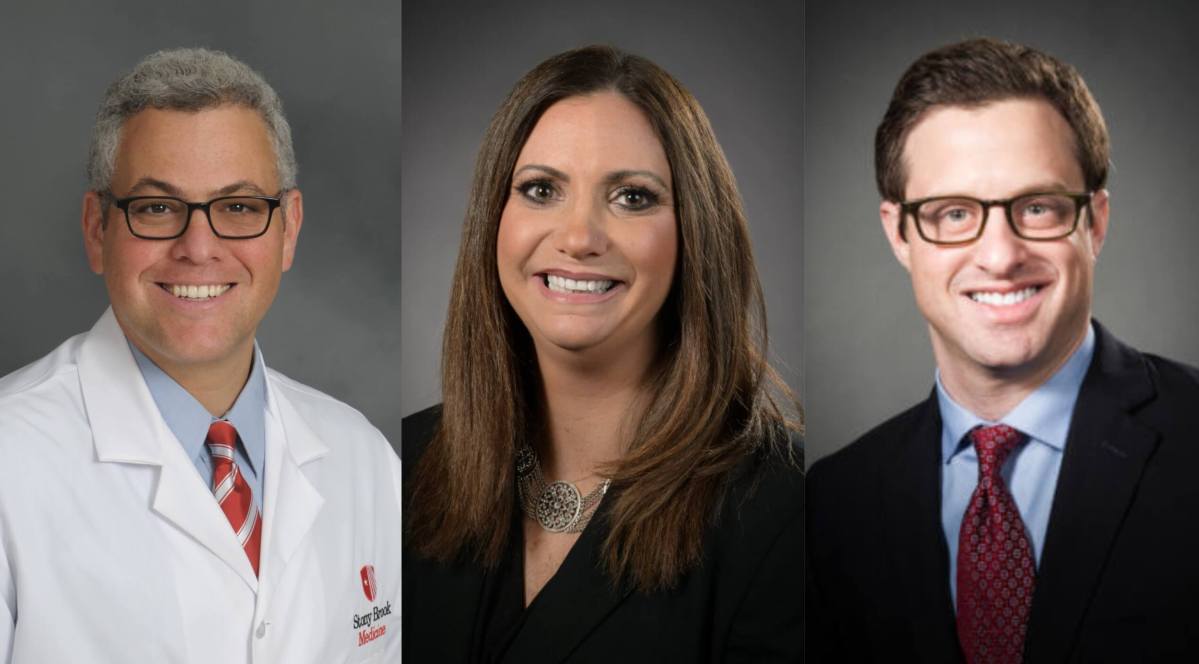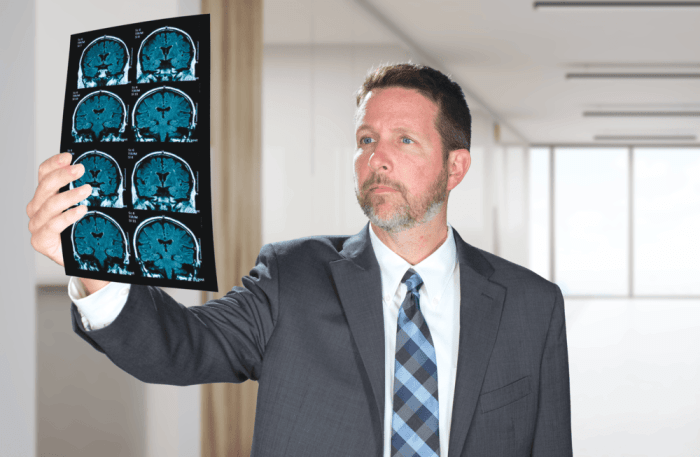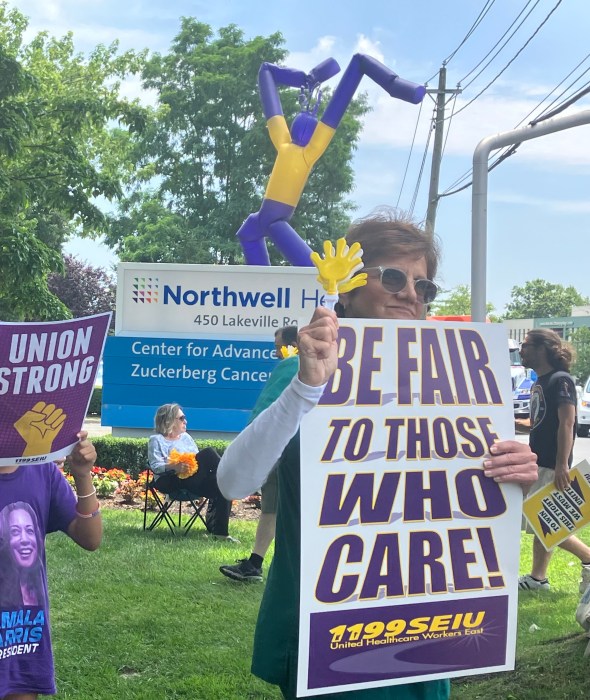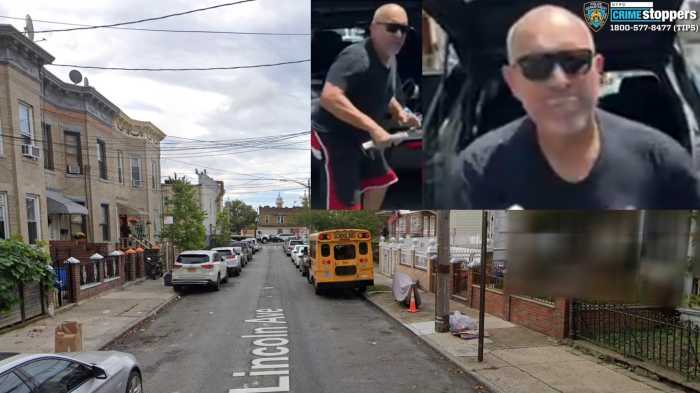Doctors and other healthcare practitioners are often asked for free medical advice from family, friends and neighbors. How these professionals feel about it largely depends on the request.
“I went into this profession because I love helping people, and I generally don’t mind sharing my knowledge,” said Elyse Isopo, D.N.P., an acute care nurse practitioner at North Shore University Hospital in Manhasset. “But sometimes people [who are not my patients] call me because they want an antibiotic, and that’s not going to happen.”
By providing medical advice or care such as diagnosing symptoms or writing prescriptions, “I would be assuming the role of the patient’s physician without having established a doctor-patient relationship, which is unethical,” said Joshua Miller, M.D., M.P.H., medical director of diabetes care at Stony Brook Medicine and an assistant dean for clinical integration at the Renaissance School of Medicine at Stony Brook University. “When people come to you for your opinion because they value and trust you, and if I haven’t fully established a doctor-patient relationship and fully evaluated them, it would be wrong to provide direct medical care that could affect their lives.”
While requests for medical advice and care outside the office have always been common, they soared during the pandemic, when accurate information and access to care were hard to come by.
“People were calling all the time, asking what they should do if they had certain symptoms or about vaccines,” Isopo said. “There weren’t a lot of resources out there to help people, and there was a lot of misinformation. As a nurse practitioner in a Covid-19 I.C.U. [Intensive Care Unit], I had access to recent evidence and data, and I was happy to share what I knew to help people.”
Another recent trend fueling extra-office questions to healthcare professionals is the fact that patients can now view information such as their imaging reports, bloodwork results, and doctors’ notes online.
“The increased transparency is a good thing, but it brings a lot of questions,” said Benjamin Hirsh, M.D., director of preventive cardiology at North Shore University Hospital. “There are always going to be slight abnormalities here or there, and when patients see that something is not in the normal range but their doctor tells them it’s not significant, they might want to run it by a doctor they know for clarification – to understand why it’s not significant – and reassurance.”
If it’s a simple matter, Dr. Hirsh said, it’s reasonable to try to explain it to them a little more clearly. But interpreting another doctor’s thought processes can be a fine line.
“Sometimes people will ask me things like ‘Why did my doctor change my medication?’” Dr. Hirsh said. “I’m not sure of the particulars of the situation, and I don’t want to speak for someone else.”
While making general statements, such as opining about what conditions certain symptoms could indicate, may be acceptable, telling someone what they should do without examining them or knowing their whole history is a no-no that could expose doctors to liability.
“Someone may have a particular symptom and want to know if they should get it checked out,” Dr. Hirsh said. “I would say, ‘If you have to ask a doctor, you should probably get it checked out.’”
There are strict ethical guidelines surrounding writing prescriptions or otherwise rendering treatment without establishing a doctor-patient relationship, Dr. Miller said.
“If I prescribe an antibiotic to someone who is not my patient, and God forbid they have a bad reaction to it, it’s not just a slippery slope, it’s a steep slope,” Dr. Miller said. He added that it’s especially egregious for doctors to provide a medication that does not fall within their specialty area. “If someone tells me they’re having trouble obtaining an inhaler, not only is it a problem because I am not their physician, but also because I’m not a pulmonologist.”
People sometimes ask Isopo for prescription refills.
“If your doctor wanted a refill, it’s just as easy to call your own doctor for a refill,” she said. “There might be a reason the doctor didn’t renew it that I don’t know about.”
Generally speaking, “if someone’s asking for medication or treatment because they don’t want to make a doctor visit, they’re just going to shortchange themselves,” Dr. Hirsh said. “Any doctor’s visit is an opportunity to address other concerns. The last thing you should skimp on is your health.”
Sign up for Long Island Press’ email newsletters here. Sign up for home delivery of Long Island Press here. Sign up for discounts by becoming a Long Island Press community partner here.
































